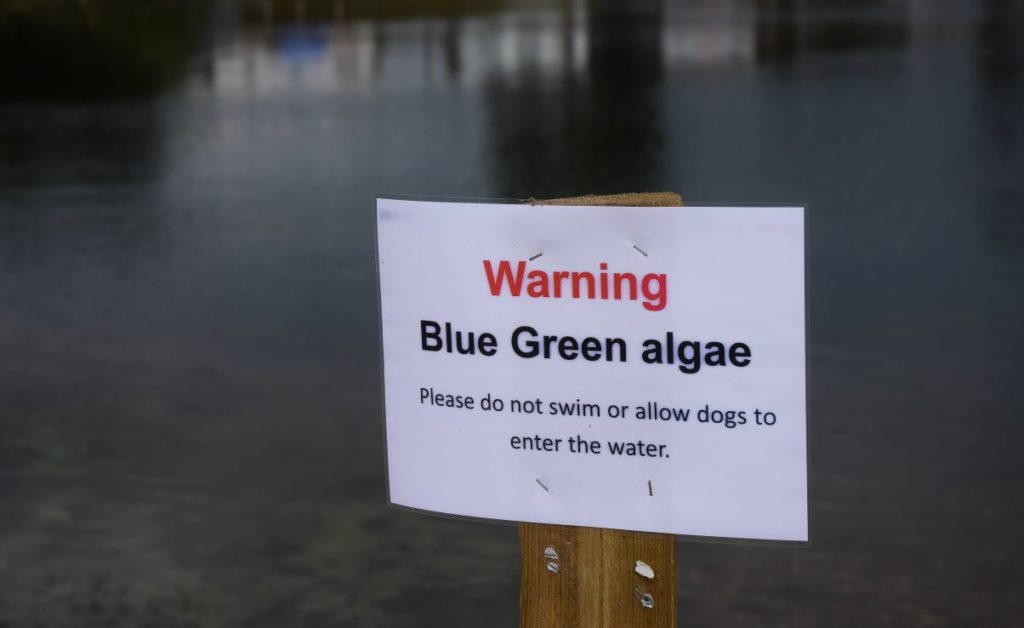
A blue-green algae outbreak has been confirmed in parts of Thirlmere.
It follows an Environment Agency alert as toxins from the algae has the potential to kill wild animals, farm livestock and domestic pets.
Allerdale council has recommended that farmers and pet owners keep their animals away from affected waters and it can affect humans too.
As at the end of July, the Environment Agency said blue-green algae is suspected “all over” in Derwentwater, and parts of Ullswater, with confirmed cases also in Grasmere, both ends of Windermere and Coniston.
Reactions can include skin rashes, eye irritation, vomiting, diarrhoea, fever and muscle and joint pain. The advice is not to enter, drink or swallow the water, and also keep children and pets away from the water.
Blue-green algae naturally occurs in inland waters, estuaries and the sea, but blooms form when their numbers become excessive.
A spokesman for the Environment Agency said: “We are urging members of the public to be cautious of blue- green algae in lakes and rivers after receiving reports of algal blooms in lakes within Cumbria.
“The algae poses a small risk to human health if a person comes into direct contact with it. It can however pose a serious risk to animals such as dogs if they drink or swim in affected water.
“The Environment Agency collects samples when reports are received of the presence of blue-green algae on lakes and other water bodies, and analyses them to confirm its presence.
“If you suspect blue-green algae, please contact the Environment Agency’s 24-hour hotline on 0800 807060 so that we can take samples and inform relevant landowners to ask them to take the necessary steps to warn the public of potential dangers.”








